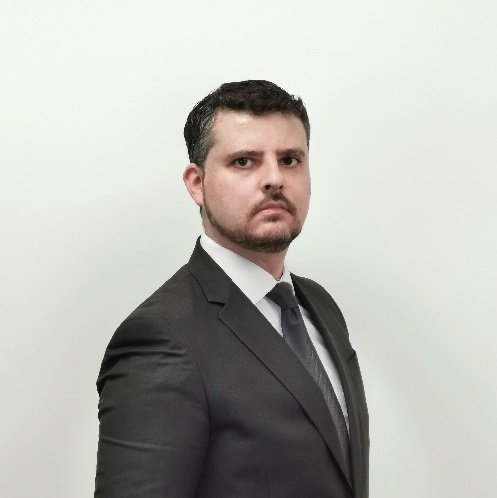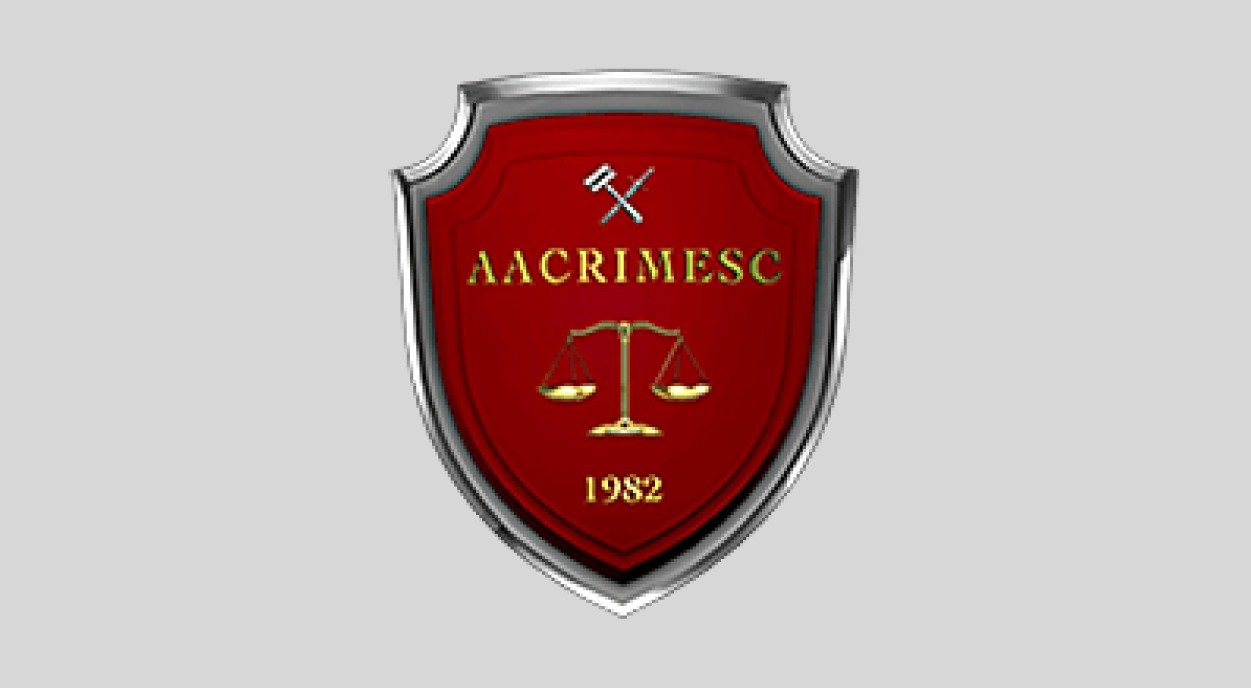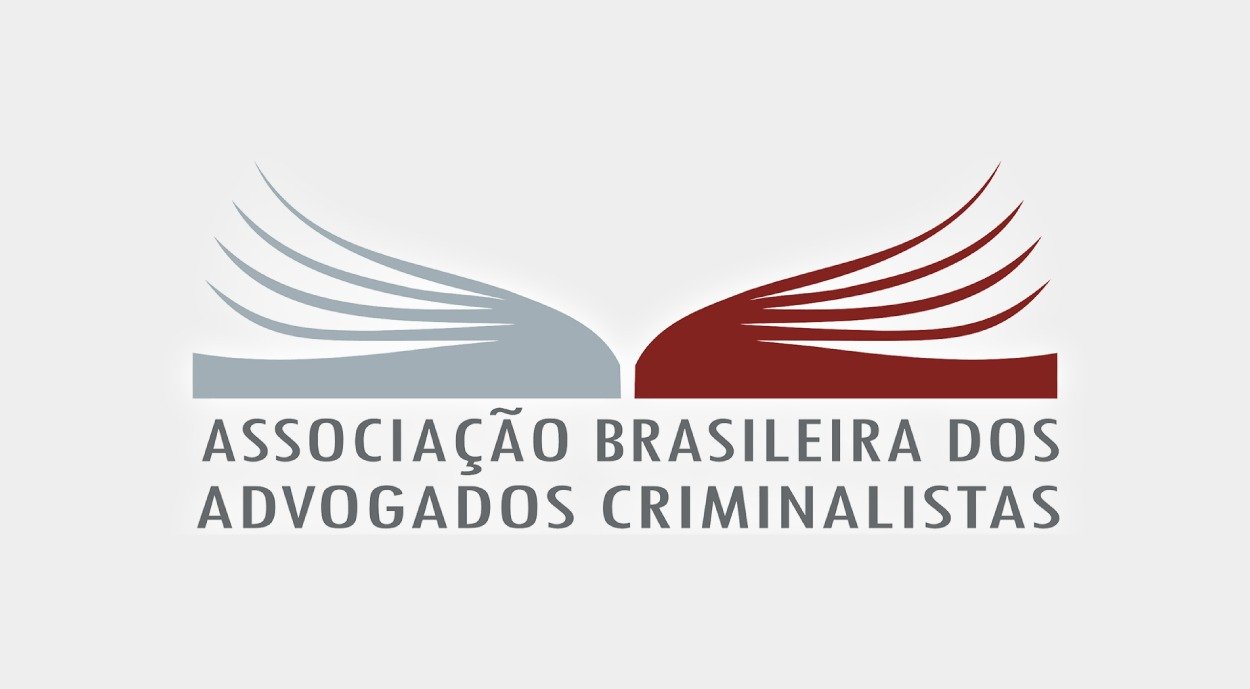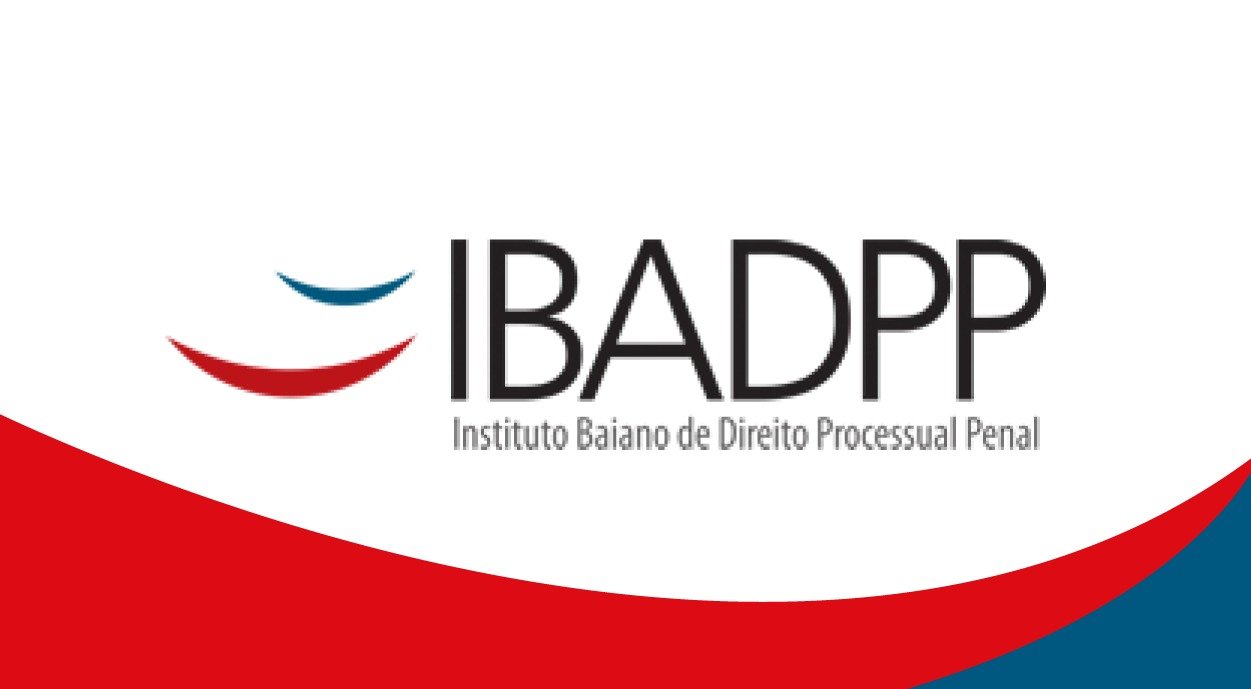Fictio Iuris
The exponential growth of technology in recent decades has had a significant impact on all aspects of society, including the criminal justice system. One of the most intriguing and concerning technological developments is the proliferation of deepfake technology, which allows for the creation of extremely realistic fake audiovisual content. This represents a technology that can be used to commit crimes, undermine evidence, and challenge the integrity of the legal system.
Deepfake is an artificial intelligence technique that combines voice and video synthesis to create fake content that can be extremely difficult to distinguish from real material. The emergence of this technology raises substantial concerns in the field of criminal law because deepfakes can be used to forge evidence, impersonate identities, and manipulate testimonies. Moreover, deepfakes have the potential to undermine confidence in video and audio evidence, leading to increased controversy in the courts and reasonable doubts in legal proceedings.
The process of creating deepfakes involves the use of deep learning algorithms to mimic the voice and appearance of a person in a video or audio recording. Generative models, such as Generative Adversarial Networks (GANs), are fundamental in generating deepfakes, where malicious actors can use these techniques to create videos that appear to show individuals committing illegal acts, even though they haven't done so in reality.
Based on all of the above, deepfake poses a significant challenge to the integrity of evidence presented in courts, as they can be used to fabricate evidence that incriminates the innocent or exonerates the guilty. It also gives rise to the possibility of creating fake recordings of witnesses or confessions that can undermine confidence in the legal system. This is why jurors and judges face the dilemma of determining the authenticity of video and audio evidence, leading to greater uncertainty in trials.
To address the problem of deepfakes in criminal law, legislations have been proposed to prohibit the creation and dissemination of fake content. However, the detection of deepfakes remains a challenge because the technology for creating deepfakes is constantly advancing. Therefore, research into detection tools is essential to help legal professionals determine the authenticity of evidence.
In conclusion, the impact of deepfake in criminal law is an ever-evolving challenge, as the technology can be used for malicious purposes as well as for creating solid and authentic evidence. Legislation, education, and the development of detection tools are key aspects to address these concerns in the legal system. It is crucial for legal professionals to be informed about the capabilities and limitations of deepfakes to make fair and evidence-based decisions in the context of criminal cases.
Imagem Ilustrativa do Post: violet bloom // Foto de: Mike W. // Sem alterações
Disponível em: https://www.flickr.com/photos/squeakymarmot/26494873215
Licença de uso: http://creativecommons.org/licenses/by/4.0/legalcode





